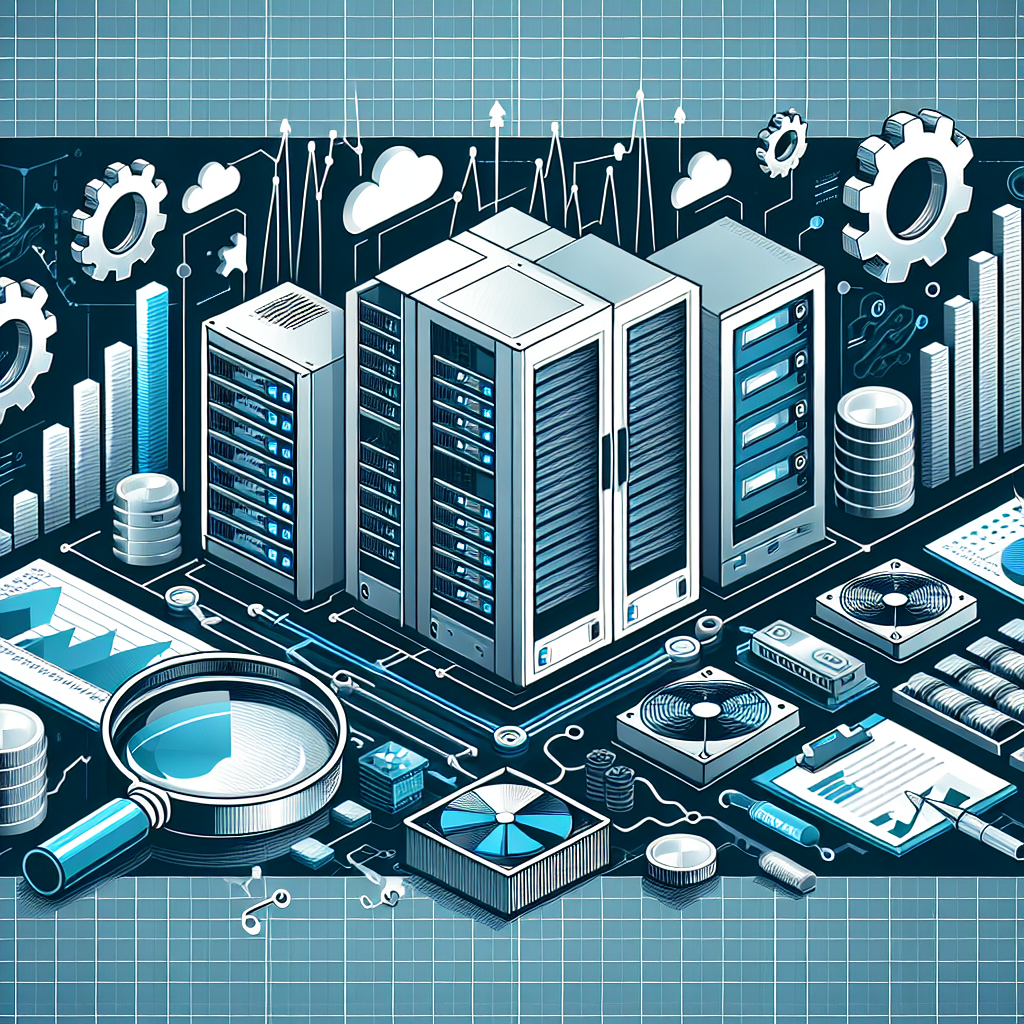Data centers are the backbone of modern businesses, providing the necessary infrastructure for storing, processing, and managing large volumes of data. In order to ensure that a data center is operating efficiently and effectively, it is essential to monitor key metrics that can provide insights into the performance of the IT operations.
Monitoring key metrics is crucial for identifying potential issues, optimizing resources, and improving overall data center performance. By tracking these metrics, data center managers can make informed decisions and implement strategies to enhance IT operations.
One of the most important metrics to monitor in a data center is uptime. Uptime measures the amount of time that a data center is operational and available to users. Downtime can have serious consequences for businesses, leading to lost revenue, decreased productivity, and damage to reputation. By monitoring uptime, data center managers can identify any potential issues that may be affecting availability and take proactive steps to prevent downtime.
Another critical metric to monitor is server utilization. Server utilization measures the percentage of a server’s capacity that is being used at any given time. By monitoring server utilization, data center managers can identify underutilized servers that can be consolidated or decommissioned to optimize resources. This can help reduce energy consumption, lower costs, and improve overall efficiency.
Network performance is also a key metric to monitor in a data center. Network performance measures the speed and reliability of data transmission within the data center. By tracking network performance metrics such as latency, packet loss, and throughput, data center managers can identify bottlenecks, optimize network configurations, and ensure that data is being transmitted efficiently.
Storage capacity is another important metric to monitor in a data center. Storage capacity measures the amount of available storage space in the data center and helps ensure that data can be stored and accessed as needed. By monitoring storage capacity, data center managers can identify when additional storage resources are needed and plan for future expansion.
In addition to these key metrics, data center managers should also monitor metrics related to cooling and power consumption, security and compliance, and disaster recovery readiness. By tracking these metrics, data center managers can ensure that the data center is operating at peak performance and is equipped to handle any challenges that may arise.
In conclusion, monitoring key metrics is essential for optimizing data center IT operations and ensuring that the data center is running efficiently and effectively. By tracking uptime, server utilization, network performance, storage capacity, and other key metrics, data center managers can make informed decisions, identify potential issues, and implement strategies to improve overall performance. By focusing on these key metrics, data center managers can ensure that their data center is operating at peak performance and can meet the needs of the business.


Leave a Reply